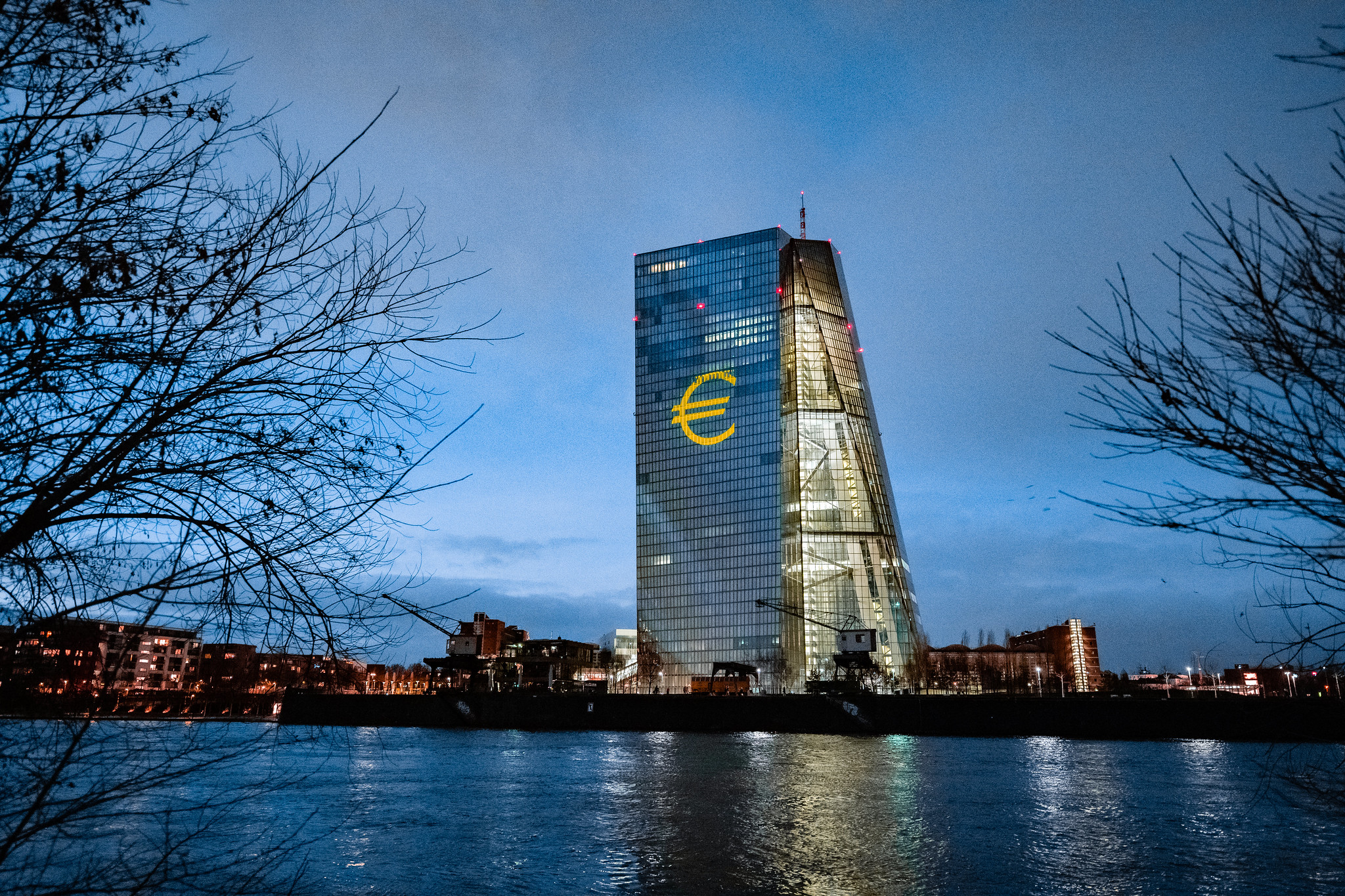
Coinposters
A New ECB Survey Reveals That 10% Of EU Households Own Crypto

In recent months, the European Central Bank (ECB) has grown more vocal against cryptocurrencies. Crypto assets have been found to be held by 10% of households in Eurozone, according to a poll by the main financial authority
The European Central Bank (ECB) conducted a study on Tuesday that found that one in ten households in the European Union (EU) owns cryptocurrency. It is part of the European Central Bank’s Consumer Expectation Survey, which gathers data from six nations and analyzes it.
The data shows that the majority of crypto owners have less than €5000 (about $5,366) in crypto, while just 6% of those with more than €5000 have more than €30,000 (roughly $32,189) in crypto. According to the findings, educated people were more inclined to invest in cryptocurrency.
While this is good news for the European Central Bank (ECB), it is not such good news for the rest of the world. In the opinion of the European Central Bank (ECB), the vast majority of individual investors are unsuitable for investing in cryptocurrency.
For most retail investors (either as an investment, a store of wealth, or a method of payment), crypto-assets are not a good fit, according to the survey.
In addition, the European top bank has worries about expanding retail crypto investment. Another issue highlighted by the European Central Bank (ECB) was the rising engagement of financial institutions in the early stages of the market. “Crypto-assets will represent a danger to financial stability if current growth and market integration trends remain,” the paper said.
EU regulators have urged for regulatory action, stressing that this has become an issue of global concern while also pointing out that crypto lending might fall under current banking rules in the United States, citing recent incidents in this regard.. Regulators and supervisors must consequently keep an eye on developments and fix any regulatory loopholes or arbitrage opportunities.” Worldwide coordination of regulatory actions is important since this is an international market and a global problem,” the paper said.
Latest
Blockchain
09 May 2024
Blockchain
19 Apr 2024
Blockchain
16 Jan 2024
Blockchain
31 Aug 2023
Blockchain
24 Jun 2023
Blockchain
24 Jun 2023













